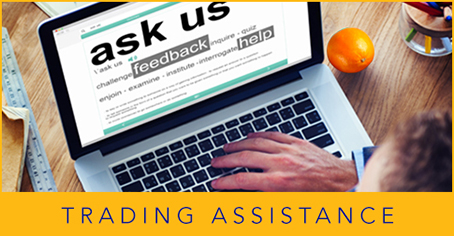The fresh cold chain never sleeps. At least it’s not supposed to. When it does, the disputes that arise are not always clear cut, and the fallout from a messy dispute can strain valuable business relationships. That’s the bad news.
The good news is that working through disputes in a reasonable, fair-minded, and informed manner builds trust between individuals and companies. If you’re an industry veteran, you probably have a number of individuals and companies on your mental “never again” list—a list more permanent and visceral than your “do not sell” list.
The folks on your “never again” list are probably not there because of a bona fide dispute that couldn’t be resolved despite efforts on both sides. More likely, they made this list by stubbornly viewing a dispute in a one-sided manner with little regard for the rest of the supply chain. Twisting facts, making unreasonable arguments, refusing to acknowledge industry trading and transportation standards, dodging telephone calls and the like, are all examples of conduct most of us are not likely to forget.
On the flip side, you probably also have a mental list of individuals and companies that you’ve come to believe in—not because you always agree with them, or because every deal goes smoothly, but because you can count on them to be reasonable when disputes arise, to acknowledge the perspectives of other interested parties, to deal in good faith, to respect industry standards, and to face up to problem loads with an appreciation for the value of the continuing business relationship and a bottom line commitment to doing what is right.
It is these folks that will get your business first, and it is these folks we all respect on a personal and business level. So how does someone avoid the “do not sell” and “never again” lists, and make the list of trusted individuals and firms?
Financial Wherewithal
One critical factor in disputes is having the financial wherewithal to take a loss. Sooner or later, a cooling unit breaks down, product doesn’t hold up en route as expected, or an invoice gets short paid without adequate support—these things are going to happen, and firms on solid financial footing are prepared to learn from mistakes and absorb the occasional losses.
When firms operate with no margin for error, however, these occasional losses risk serious disruption to cashflow, operations, and business relationships. When firms commit to providing supporting documentation that never arrives, make unreasonable arguments, change stories, respond to claims with a great deal of emotion, and generally avoid discussing the substance of the claim, these are often signs that the firm does not have the cashflow needed to resolve a claim. It is easier to do the right thing when the firm has the money to do so.



